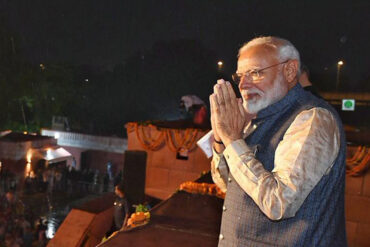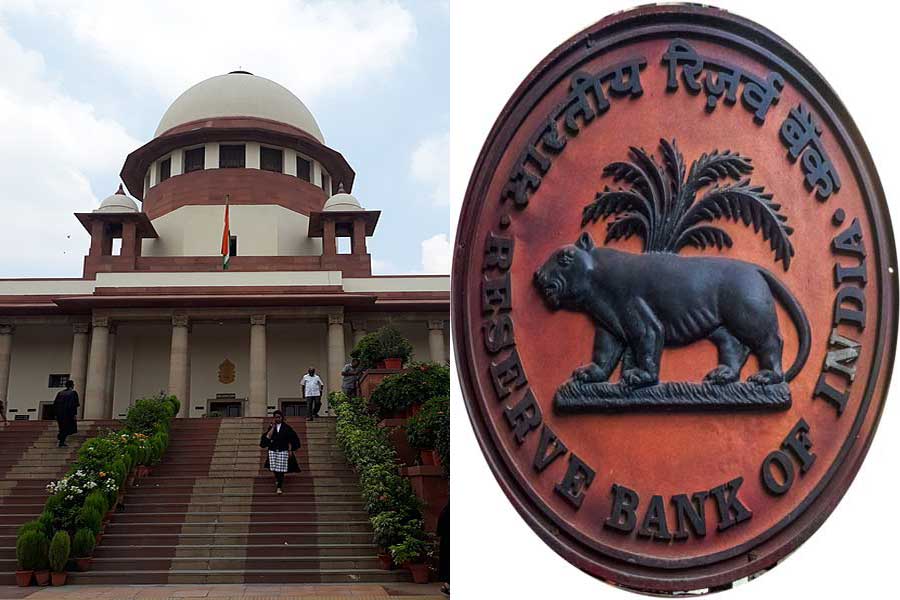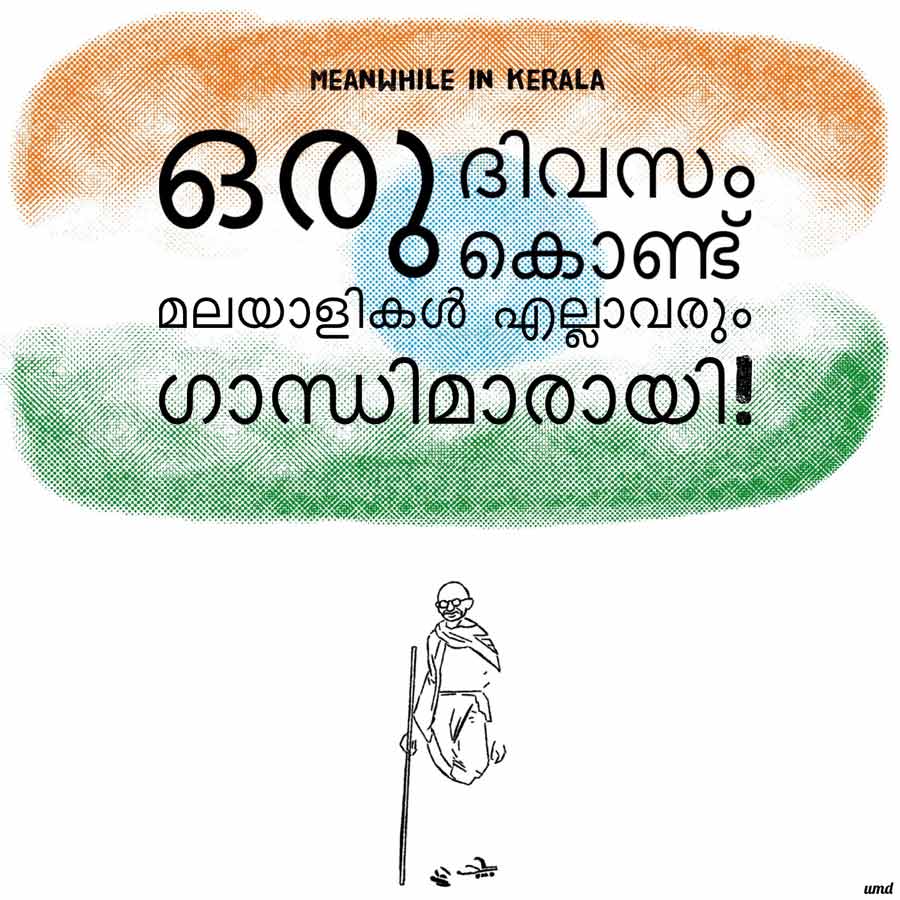On December 18 2019, the Supreme Court bench comprising Justices S Abdul Nazeer and Sanjiv Khanna, gave a very concise and brief order which reads as follows-
“Upon hearing the counsel the Court made the following order: Inspection Reports/Risk Assessment Reports/Annual Financial Inspection Reports of the banks including State Bank of India shall not be released by the Reserve Bank of India until further orders.”
In various Supreme Court judgments it has been mandated that all orders must give reasons. I have tried to understand the reason for constraining the citizen’s fundamental Right to Information in this order and have completely failed.
Let us begin at the beginning: In 2010-201, ten RTI applications had been made with the Reserve Bank of India (RBI) seeking various bits of information like audit reports, inspection reports, NPAs, list of Defaulters and so on. The RTI act allows refusal of information to the citizen only on the basis of the ten exemptions in Section 8. RBI refused to give the information claiming three of the ten exemptions under clauses:
8 (1) (a) Economic Interests of the country, (d) Harming the competitive interests of the banks and (e) The information was held by RBI in a fiduciary capacity.
These ultimately reached the Central Information Commission (CIC) which rejected all these contentions of RBI as not being legitimate. Detailed reasons were given arguing that the exemptions were not applicable legally. It also noted:
“The RBI is a regulatory authority which is responsible for inter alia monitoring subordinate banks and institutions. Needless to state significant amounts of public funds are kept with such banks and institutions. Therefore, it is only logical that the public has a right to know about the functioning and working of such entities including any lapses in regulatory compliances. Merely because disclosure of such information may adversely affect public confidence in defaulting institutions, cannot be a reason for denial of information under the RTI Act. If there are certain irregularities in the working and functioning of such banks and institutions, the citizens certainly have a right to know about the same. The best check on arbitrariness, mistakes and corruption is transparency, which allows thousands of citizens to act as monitors of public interest. There must be transparency as regards such organisations so that citizens can make an informed choice about them.”
RBI challenged all these orders and the Supreme Court finally upheld all these in December 2015 stating scathingly:
“By attaching an additional “fiduciary” label to the statutory duty, the Regulatory authorities have intentionally or unintentionally created an in terrorem effect.”
It further castigated RBI and others who deny the citizen’s right in these words:
“A baseless and unsubstantiated argument of the RBI that the disclosure would hurt the economic interest of the country is totally misconceived. In the impugned order, the CIC has given several reasons to state why the disclosure of the information sought by the respondents would hugely serve public interest, and non-disclosure would be significantly detrimental to public interest and not in the economic interest of India. RBI’s argument that if people, who are sovereign, are made aware of the irregularities being committed by the banks then the country’s economic security would be endangered, is not only absurd but is equally misconceived and baseless.
It had long since come to our attention that the Public Information Officers (PIO) under the guise of one of the exceptions given under Section 8 of RTI Act has evaded the general public from getting their hands on the rightful information that they are entitled to.”
Despite the clear order of the apex court that such information must be provided, RBI in its arrogance did not comply. RBI did not ask for a review but just defied the judgment with lawless disdain. If such information had been displayed by RBI suo moto as suggested by the CIC, perhaps citizens would have got some warnings in cases like PMC Bank and other such failures. There is a reasonable possibility that many frauds could have been avoided with citizen vigilance.
Since RBI defied the Supreme Court order, contempt petitions were filed in 2016. These were decided by a Supreme Court’s bench comprising Justice L Nageswara Rao and M R Shah in April 2019 with a warning to RBI to comply with its orders and honour its duties as per the RTI Act.
It appears from the Supreme Court order of December 18, 2019, that the banks and RBI are again challenging the very clearly reasoned judgment of the apex court. This is really unfortunate. It appears that RBI and the banks together are frustrating the citizen’s fundamental right to information and are now misguiding the Supreme Court.
The earlier judgment of the Supreme Court is a very well-reasoned one. Even though RBI committed contempt and the Court has given a warning, the Supreme Court has given one more chance to the contemnors to defy citizen’s fundamental rights. Such an approach will give no finality and it appears the only strategy is to frustrate the law.
In many matters regarding fundamental rights, the apex court has refused a stay when writs have been filed by citizens to defend them. In this case, it is impossible to fathom the reasons for giving a stay on an earlier order to the contemnor. Citizens are worried about this and I hope the Court will withdraw this stay.
(By arrangement with The Leaflet)







